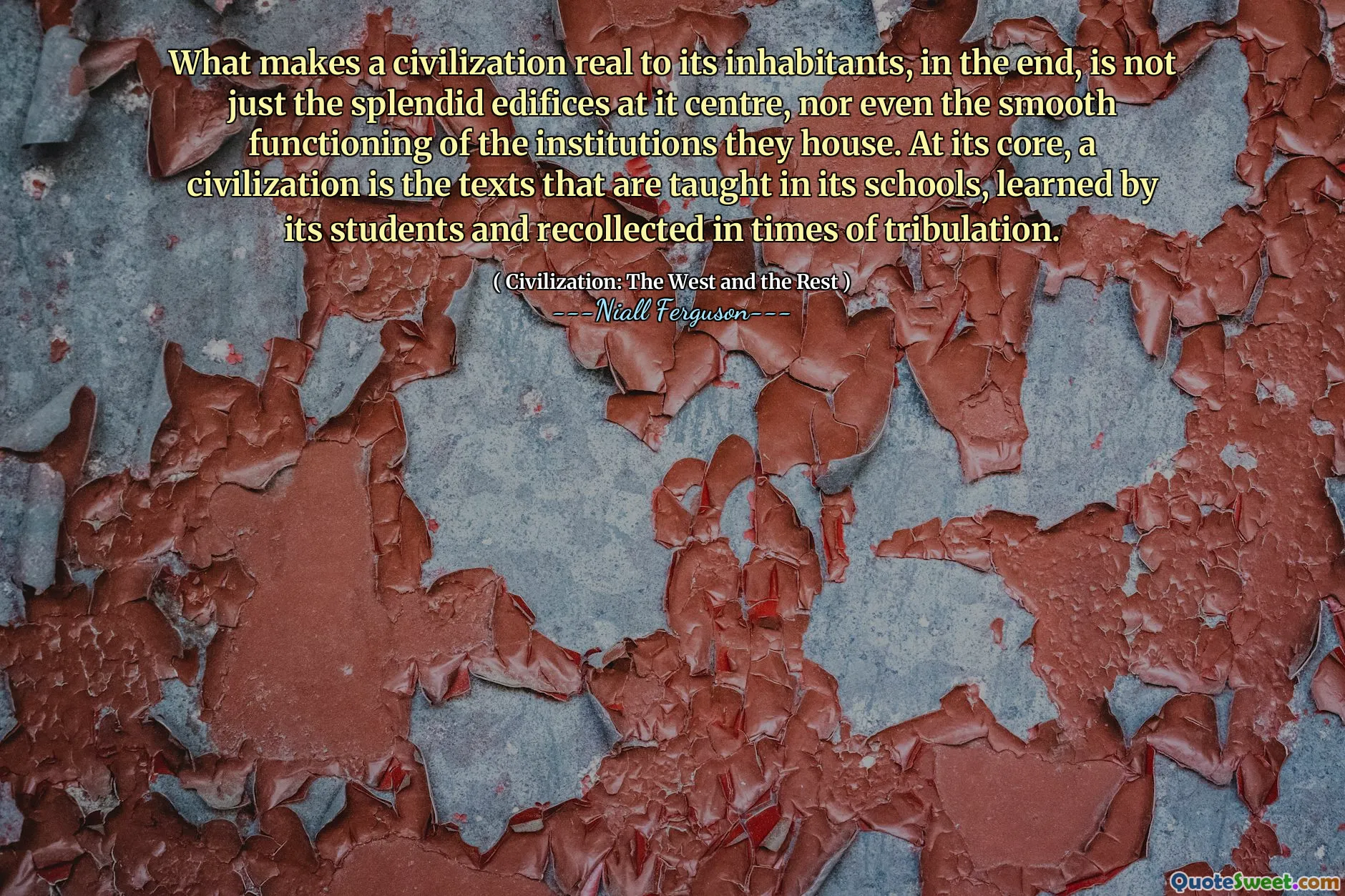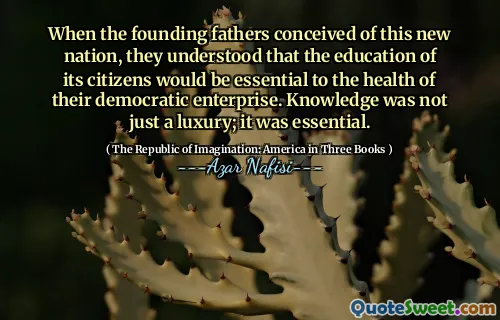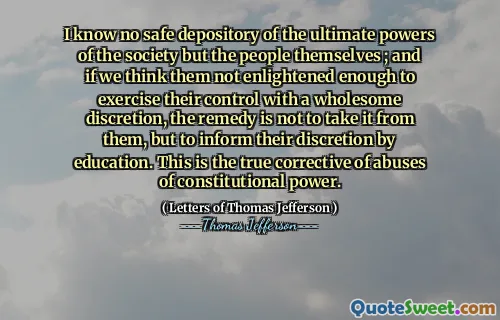
What makes a civilization real to its inhabitants, in the end, is not just the splendid edifices at it centre, nor even the smooth functioning of the institutions they house. At its core, a civilization is the texts that are taught in its schools, learned by its students and recollected in times of tribulation.
Niall Ferguson, in his book "Civilization: The West and the Rest," emphasizes that the essence of a civilization lies beyond its impressive structures and efficient institutions. He suggests that what truly defines a civilization for its people is the knowledge and cultural narratives that are embedded in its education system. This knowledge forms the backbone of societal identity and continuity, shaping the way individuals understand their world and history.
Moreover, Ferguson highlights the importance of these texts, especially during challenging times, as they serve as a source of comfort and guidance. The teachings and ideas conveyed through education have the power to unite individuals and provide a sense of purpose, reinforcing the civilization's values and beliefs. Ultimately, it is this intellectual and cultural legacy that resonates most profoundly with the inhabitants of a civilization.










